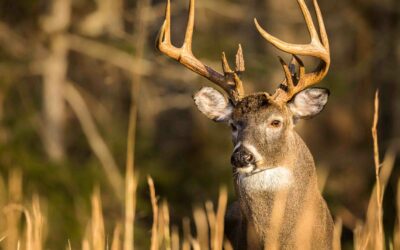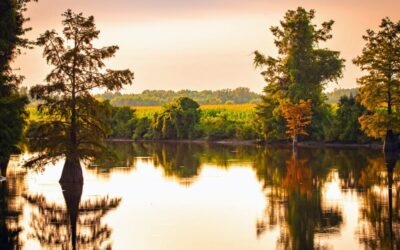Create and Certify Your Own Wildlife Habitat
Gardening for wildlife is fun, inexpensive, and an easy way to make a lasting impact for wildlife.
Tennessee Wildlife Federation is committed to wildlife habitat conservation, big and small. So, we’ve partnered with National Wildlife Federation (NWF) to help you create a wildlife haven in your own yard—whether you have a rolling rural property, a tiny urban lot, or a container garden on your balcony.
But you don’t have to stop at home. You can even take on certifying your school, your church, or even your entire community—just like Knoxville did.
After all, 90 percent of Tennessee’s land is in private hands. That means providing the basics for our diverse wildlife is up to you!
Every Certified Wildlife Habitat provides wildlife the essentials
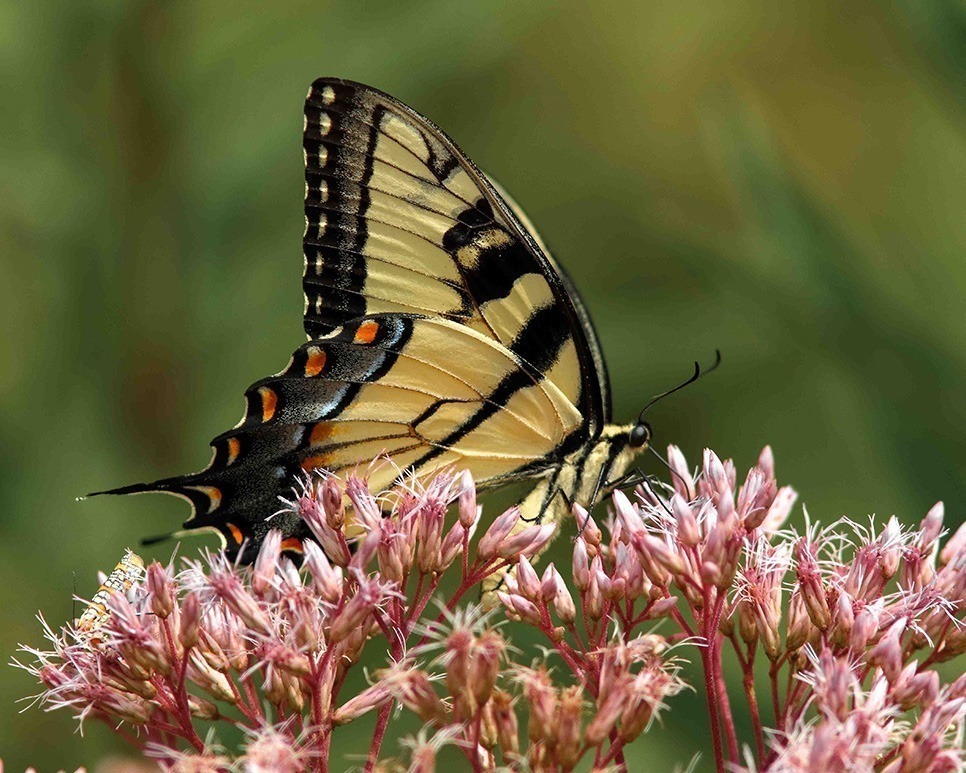
Food
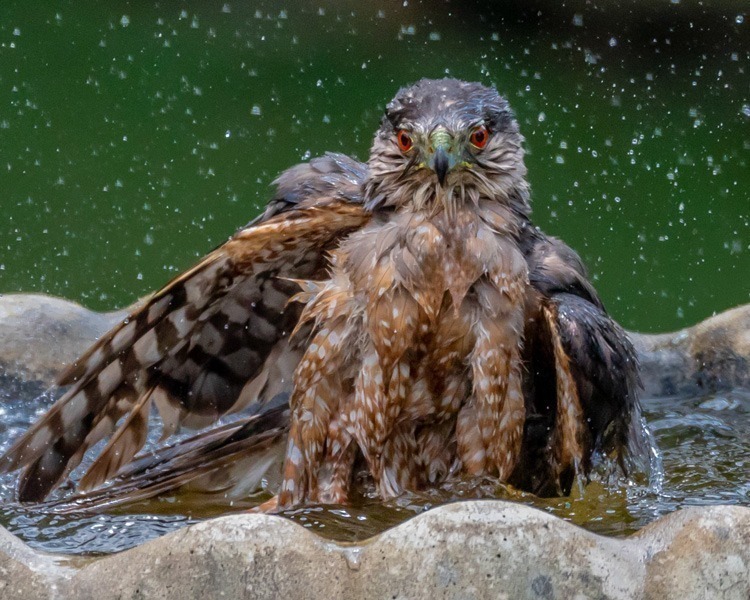
Water
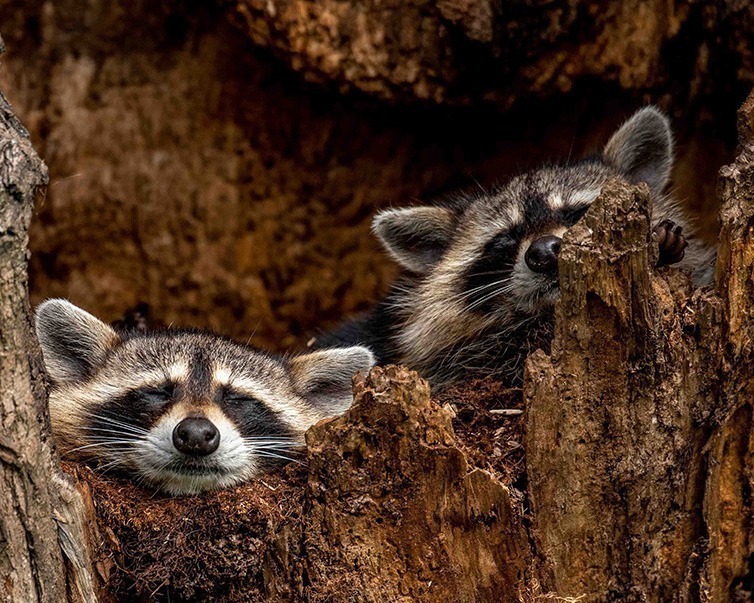
Cover
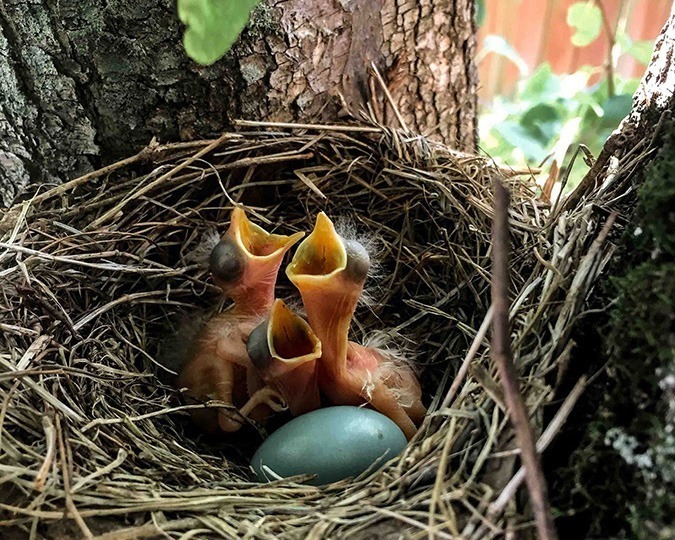
Places to raise young
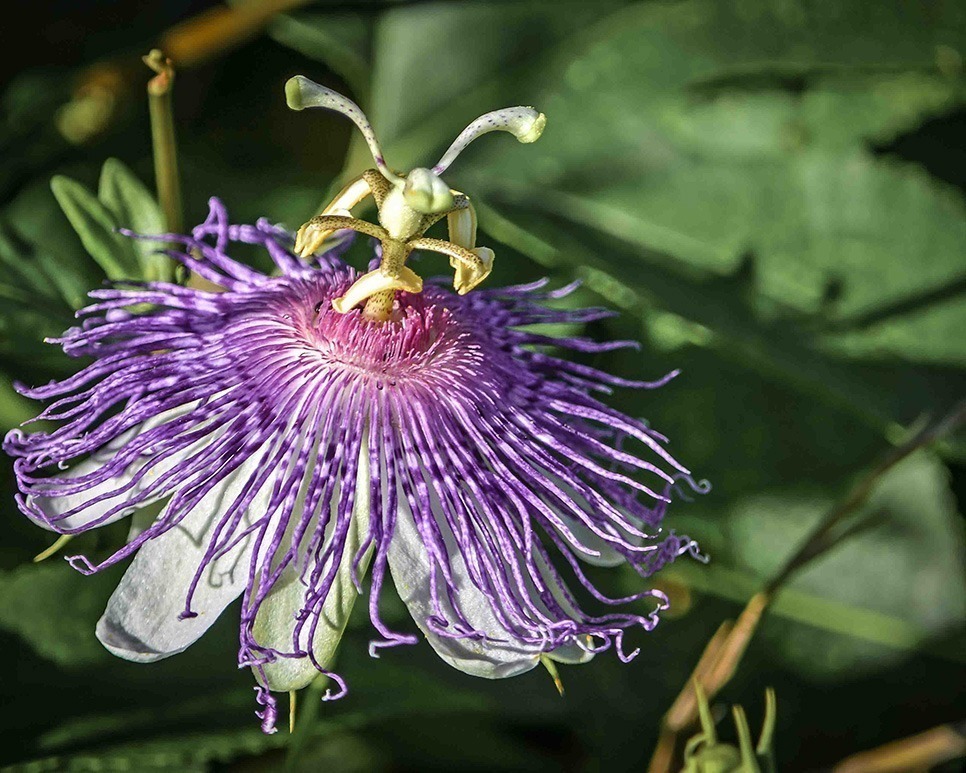
Sustainable practices
Food


Water
Cover

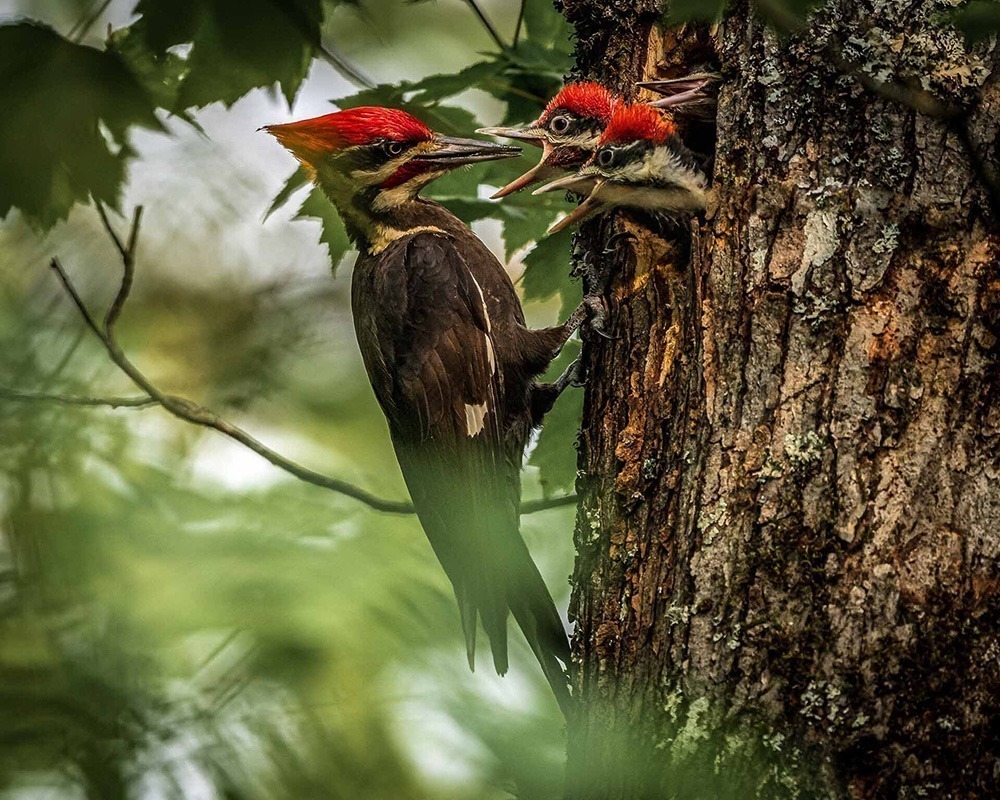
Places to raise young
Wildlife needs resources to reproduce as well as to protect and nourish their young. To certify, your habitat needs at least two places wildlife can raise young, such as a nesting box, mature trees, or a thicket.
Sustainable Practices

Meet Tony
 With the help of Tony Lance, our resident naturalist, ornithologist and gardening guru, you can put your commitment to conservation in action. When we each do our part, we can keep Tennessee the most biologically diverse inland state in the country.
With the help of Tony Lance, our resident naturalist, ornithologist and gardening guru, you can put your commitment to conservation in action. When we each do our part, we can keep Tennessee the most biologically diverse inland state in the country.
The application processing fee is just $20 and you’ll receive a certificate to designate your newly Certified Wildlife Habitat. You’ll also receive exclusive NWF member benefits while supporting conservation statewide.
Have questions about certifying your wildlife habitat? Send him a message!
Learn more
Response to Recent Report about CWD
Making policy decisions around good science and data is how conservationists throughout the 20th century brought back many of our wildlife species—and is a big reason we can all enjoy the outdoors today.
Achievements at the General Assembly
During the 2024 legislative session, the Federation was instrumental on several conservation-related bills, including three major wins.
How Your Donation Improves Conservation
When you donate to Tennessee Wildlife Federation, you become a catalyst for change through our programs that focus on the perpetual improvement of conservation, wildlife habitat, recreation, and more all across our beautiful state.

